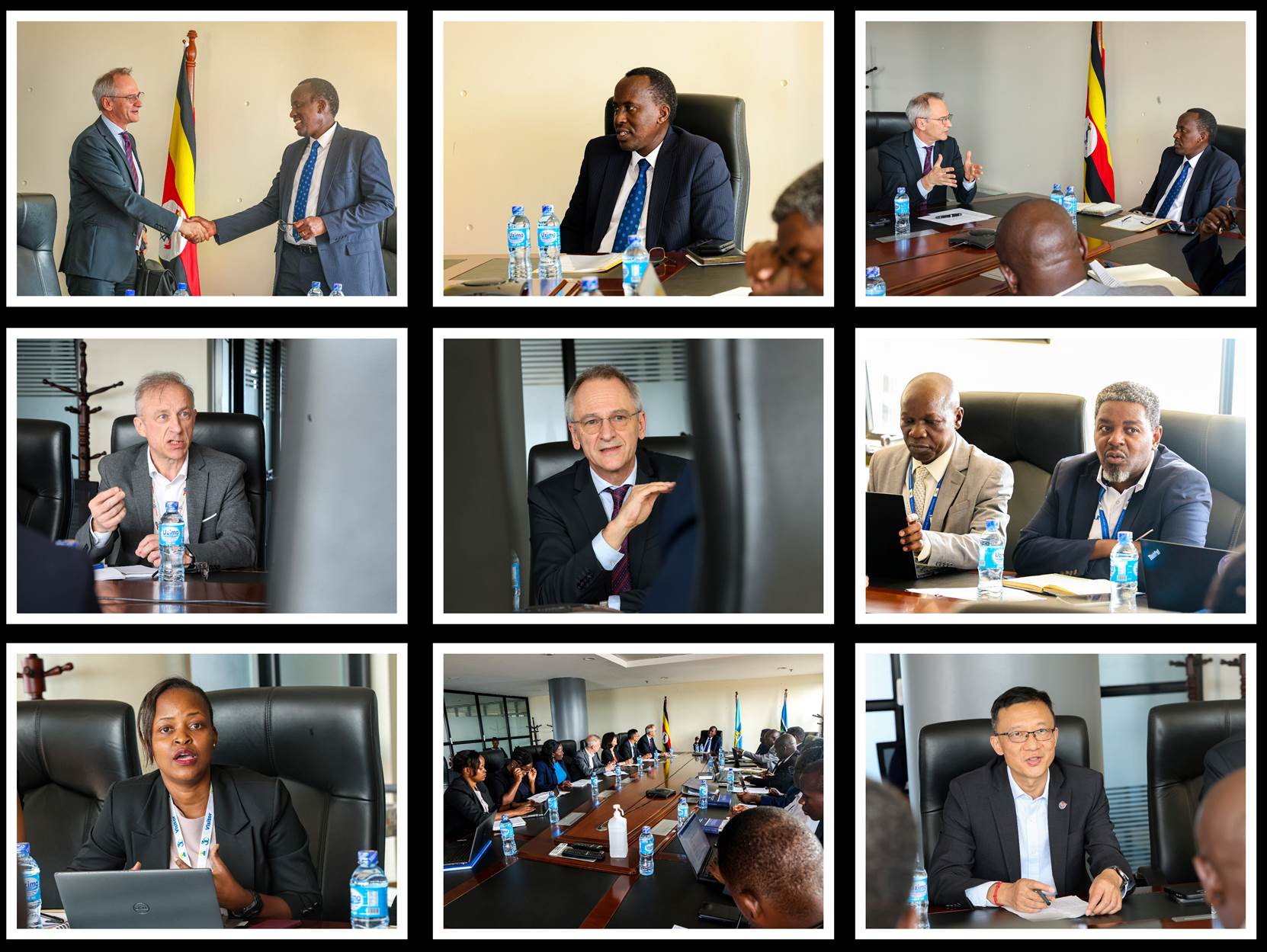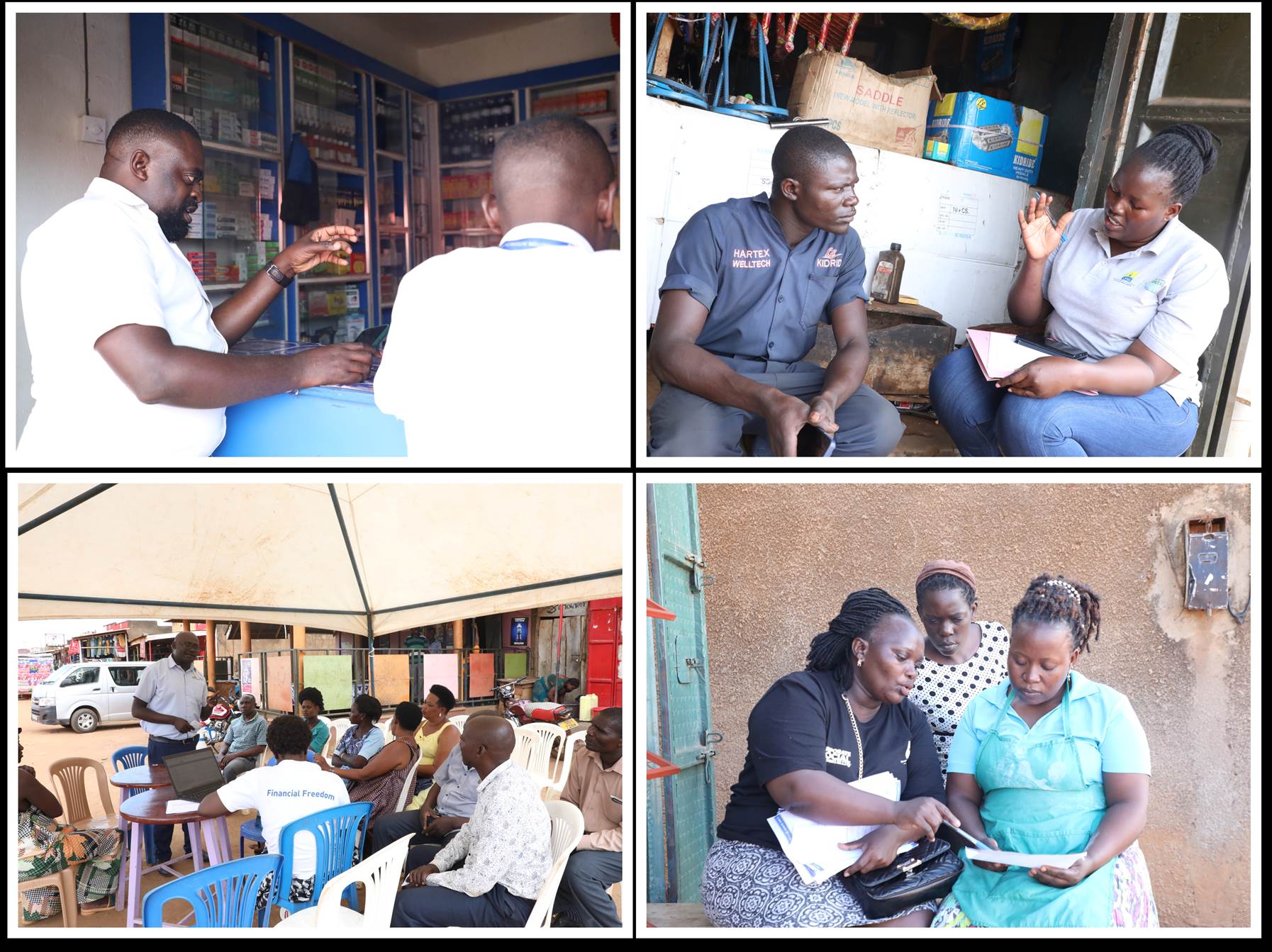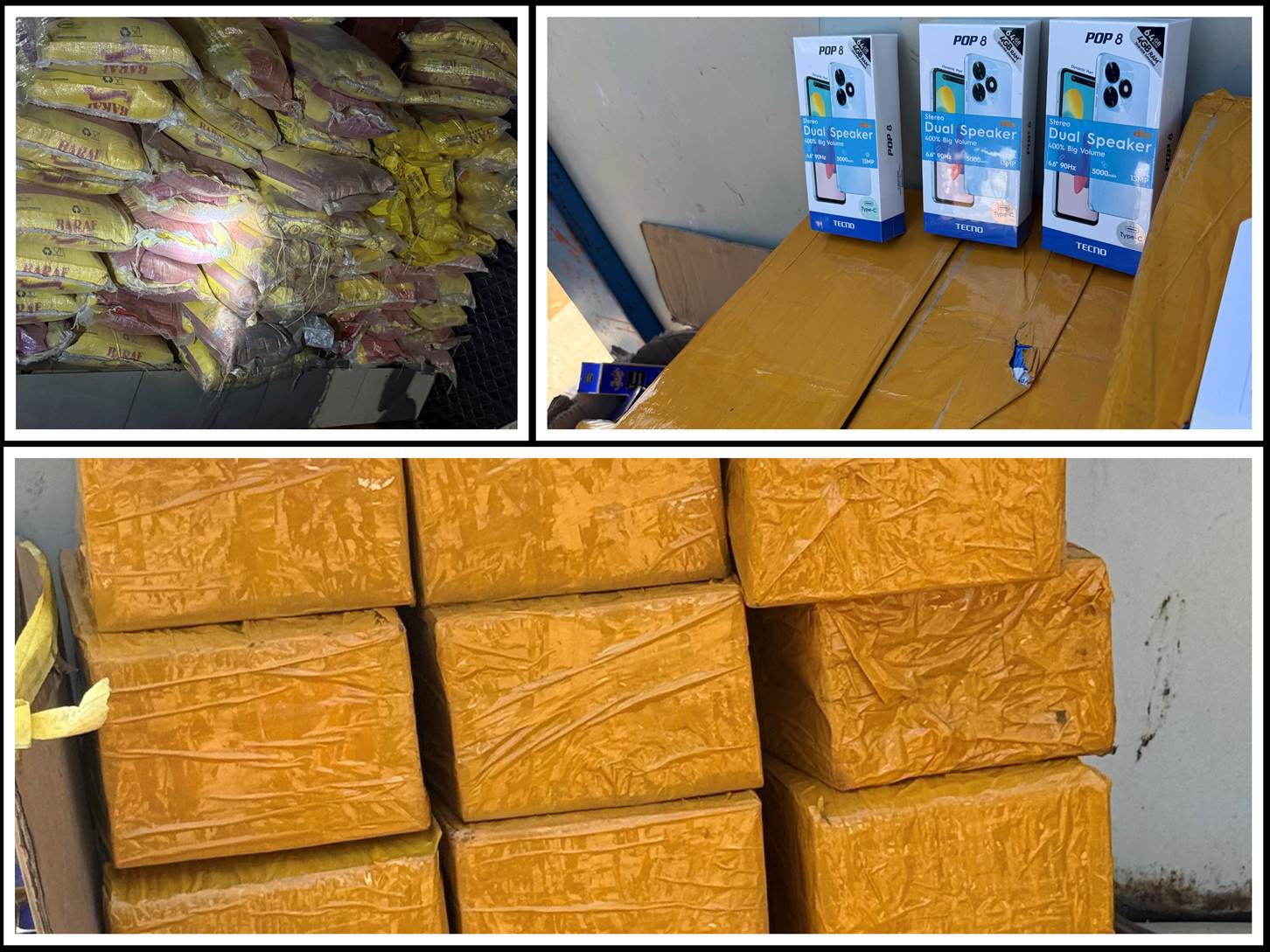By Joshua Niyonshima
The Uganda Revenue Authority is in its final negotiations with the Insurance Regulatory Authority (IRA) to establish a mechanism to secure marine cargo through the introduction of compulsory marine cargo insurance.
This revelation was made by Abel Kagumire, the Commissioner of Customs Department at URA, who, together with the Commissioner of Domestic Taxes, Sarah Chelangat Muzungyo, attended the Insurance Innovations Awards 2023 at the Serena Hotel Kampala.
According to Kagumire, URA has an MOU with IRA to develop local marine insurance for purposes of ensuring cargo safety and the right declarations, hence improving revenue contributions.
“All steps are underway to kick off on April 1, 2024. The only challenge remaining is merging the URA’s web portal interface with that of the IRA to enable charging marine insurance for all goods imported into Uganda,” Kagumire said.
Kagumire added that this will improve revenue valuation and also improve the compliance of goods because we will be sure that the insurance is charged on the actual value of goods.”
Relatedly, the Minister of State for General Duties, Hon. Henry Musasizi, during an address at the Innovation Awards, commended the growth in domestic revenue contribution by insurance bodies from 116 billion to 200 billion. He attributed this to a cordial relationship between the taxman and insurance companies. He called for the breaking of silos and focusing on Uganda’s socio-economic transformation.
“This increase in revenue guarantees the building of new schools, hospitals, roads, recruiting new doctors, and providing other services to the nation,” Musasizi explained.
Furthermore, the Deputy Speaker to the Parliament of Uganda, the Rt. Hon. Thomas Tayebwa highlighted the need for SMEs to foster the fast economic growth of Uganda. He asked Ugandans to provide African solutions for African problems rather than leaving it for multinationals.
“SMEs and cottage industries are going to be the backbone of this country’s economy, especially with the BTVET education we are focusing on and STEM. We are going to have very many young, innovative people. Very many young people want to create jobs rather than be job seekers.”
He alluded to Germany’s economy, where 58% of its exports come from SMEs, and called for the support of small businesses, which will in turn grow into bigger companies.










